Across Africa, leadership tenures vary widely from term-limited democracies to countries where presidents have ruled for decades. As of 2025, several African leaders stand out for their exceptionally long time in power, shaping the political and social landscapes of their nations for generations.
1️⃣ Teodoro Obiang Nguema Mbasogo – Equatorial Guinea 🇬🇶 (46 years)
Africa’s longest-serving president, Obiang came to power in 1979 after toppling his uncle. Under his rule, Equatorial Guinea transformed from one of Africa’s poorest nations into a major oil producer. However, his government has been widely criticised for authoritarianism, human rights abuses, and corruption.
2️⃣ Paul Biya – Cameroon 🇨🇲 (43 years)
Biya, who became president in 1982, remains one of the continent’s most enduring leaders. Now in his 90s, he has maintained a firm grip on power through political maneuvering and constitutional changes that removed term limits.
3️⃣ Denis Sassou Nguesso – Republic of the Congo 🇨🇬 (41 years)
Sassou Nguesso first ruled from 1979 to 1992, returned to power in 1997 after a civil war, and has remained ever since. His leadership has been marked by political dominance, oil wealth, and limited opposition.
4️⃣ Yoweri Museveni – Uganda 🇺🇬 (39 years)
Museveni took power in 1986 after a guerrilla war and has since been re-elected multiple times amid allegations of electoral manipulation. He is credited with stabilising Uganda in his early years, but critics say he has overstayed and stifled dissent.
5️⃣ King Mswati III – Eswatini 🇸🇿 (39 years)
Africa’s last absolute monarch, Mswati III ascended the throne in 1986 at age 18. He rules by royal decree, with limited democratic input. While he promotes tradition and culture, he has faced criticism over lavish spending amid widespread poverty.
6️⃣ Isaias Afwerki – Eritrea 🇪🇷 (32 years)
Since leading Eritrea to independence in 1993, Afwerki has governed without elections. Often called the “North Korea of Africa,” Eritrea remains one of the most closed and militarised states on the continent.
7️⃣ King Letsie III – Lesotho 🇱🇸 (29 years)
Letsie III became king in 1996. Though his role is largely ceremonial, he remains a symbol of national unity in the constitutional monarchy of Lesotho.
8️⃣ Mohammed VI – Morocco 🇲🇦 (26 years)
Ascending the throne in 1999, King Mohammed VI is regarded as a modernising monarch. He has pushed for reforms in education, infrastructure, and women’s rights, though critics say political power still remains concentrated in the palace.
9️⃣ Ismaïl Omar Guelleh – Djibouti 🇩🇯 (25 years)
Guelleh became president in 1999, maintaining close ties with global powers that operate military bases in the strategic Horn of Africa nation. His leadership has ensured stability, but opposition voices are often repressed.
🔟 Paul Kagame – Rwanda 🇷🇼 (25 years)
Kagame, in power since 2000, is credited with rebuilding Rwanda after the 1994 genocide. Under his leadership, the country has seen rapid development and stability, though critics accuse his government of suppressing dissent and restricting press freedom.
11️⃣ Faure Gnassingbé – Togo 🇹🇬 (20 years)
Faure succeeded his father, Gnassingbé Eyadéma, in 2005, continuing a family dynasty that has ruled Togo for nearly six decades. Despite repeated elections, opposition groups continue to contest his legitimacy.
🌍 Power and the Question of Transition
These leaders reflect a complex mix of stability and stagnation. While some have overseen economic growth and peace, others have clung to power through constitutional changes, political repression, or hereditary succession.
As Africa’s younger population increasingly demands accountability and democracy, the continent’s political future may hinge on how — and when — these long-serving leaders choose to pass the torch.


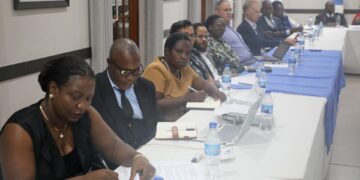
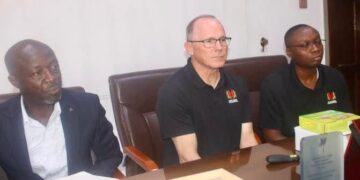


























































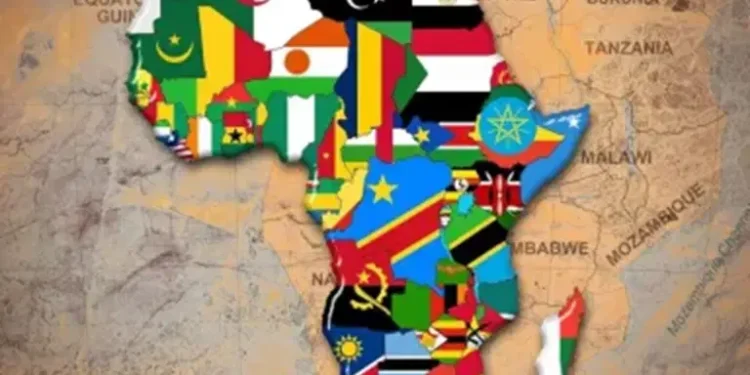





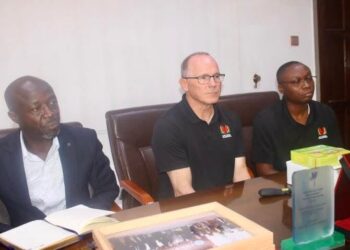
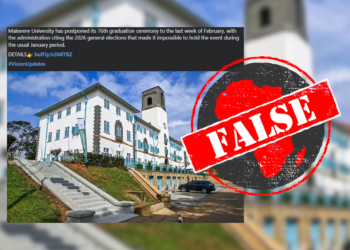












 EduTimes Africa, a product of Education Times Africa, is a magazine publication that aims to lend its support to close the yawning gap in Africa's educational development.
EduTimes Africa, a product of Education Times Africa, is a magazine publication that aims to lend its support to close the yawning gap in Africa's educational development.